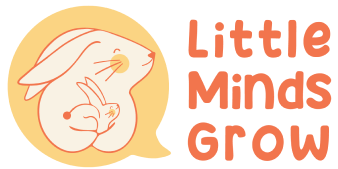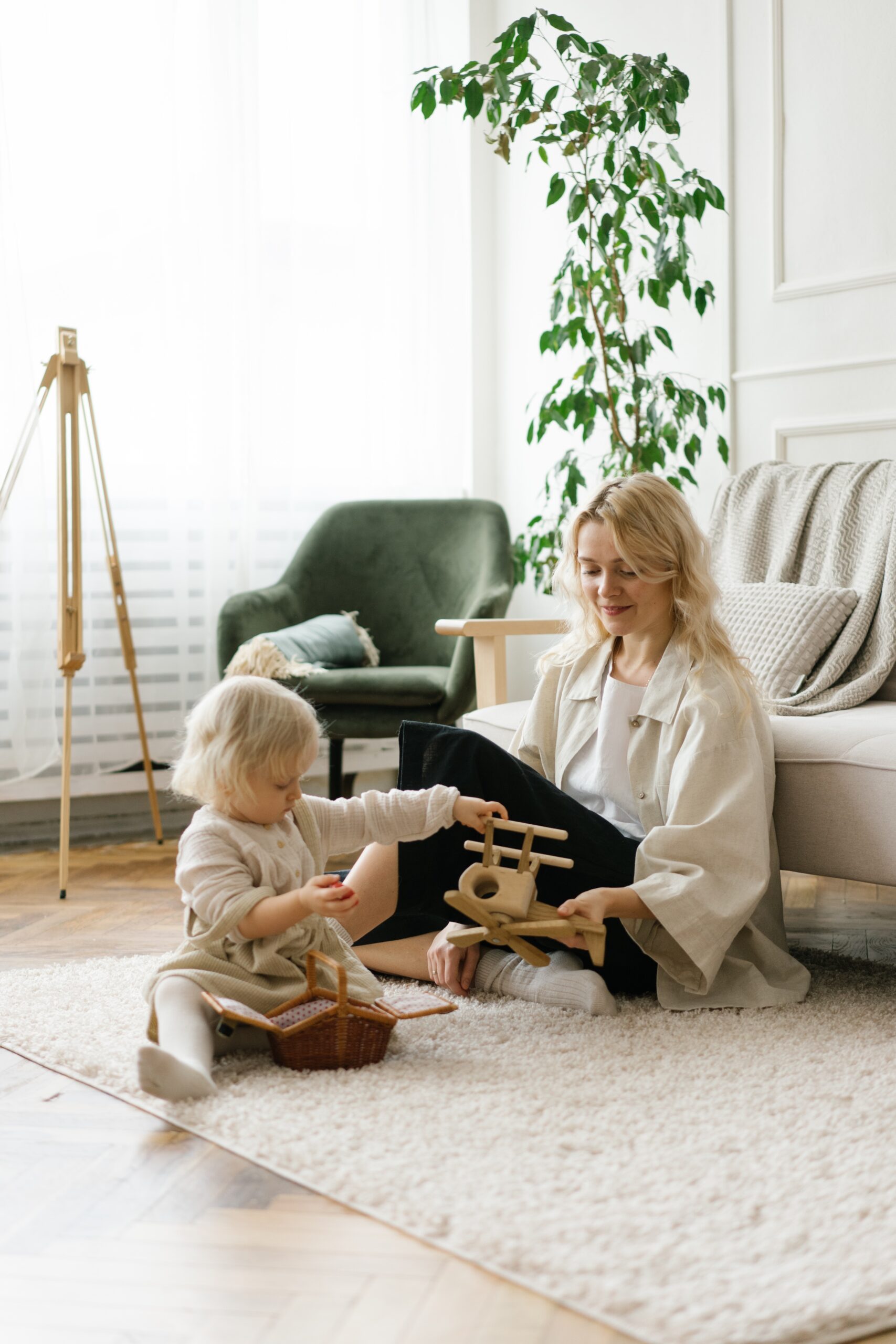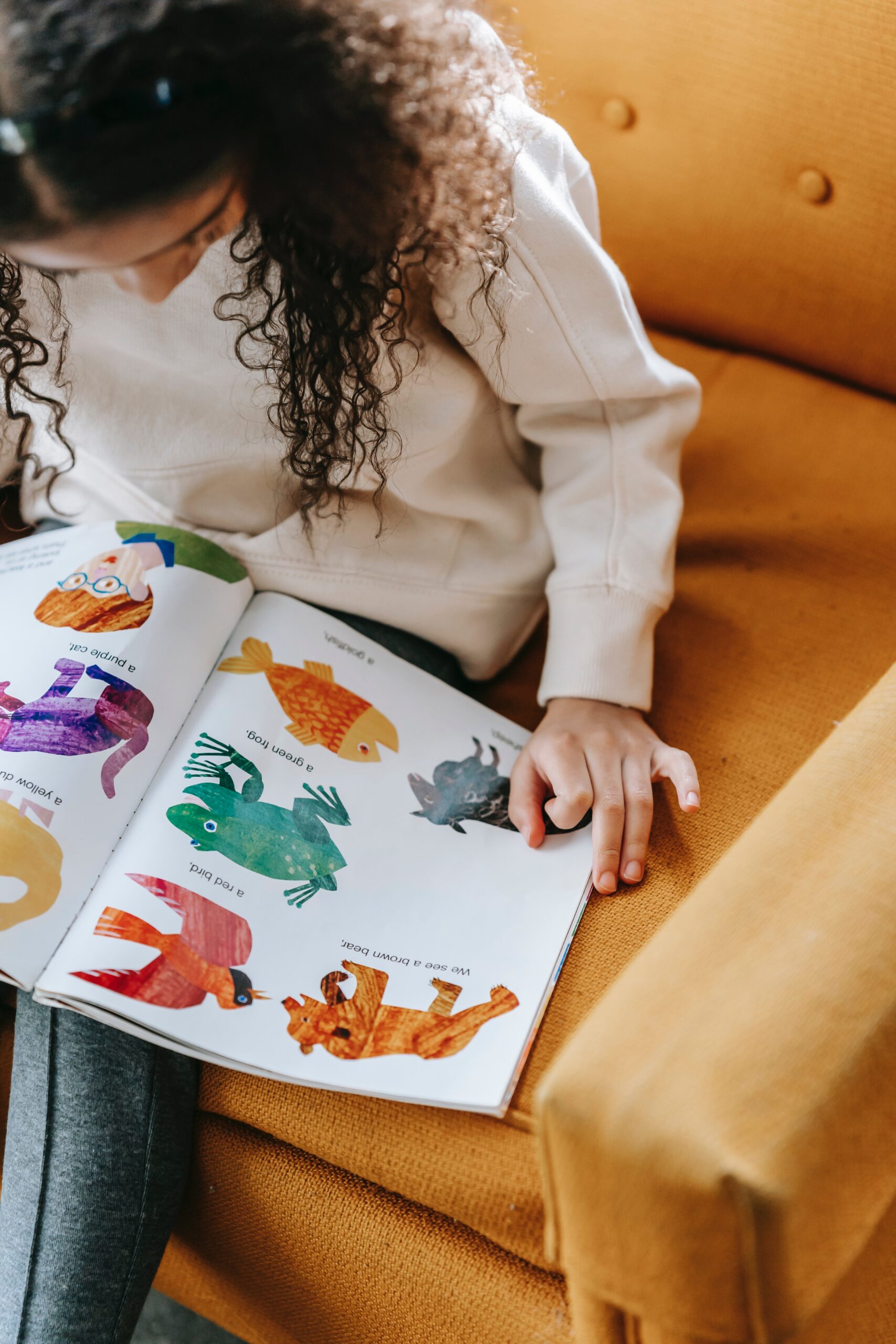Speech therapy services for kids on the Gold Coast.
From the convenience of our clinic, your home, or in the community, accessing quality speech therapy for your kids has never been easier.
Our allied health professionals can provide support for a range of presentations and diagnoses, from a mild speech sound disorder to complex communication needs, and more!
Our approach to speech therapy for kids
At Little Minds Grow, we are big advocates for parent/caregiver involvement and up-skilling, so we encourage you to be a part of therapy sessions with your child. We believe therapy should not stop after a session finishes, it should be all encompassing and carried out in every aspect of the child’s life, where possible, to see goals being met and maintained!
Our therapists work with children up to 9 years of age to ensure we can confidently provide high quality assessment, diagnosis, and intervention in our specialty areas:
Speech
Are you concerned about your child’s speech sound development? Wondering what speech development is?
It’s easy to take for granted our ability to say sounds and words when speaking, when in reality, there are complex parts at play:
- Articulation: how we make sounds with our lips, tongue, and mouth
- Voice: our vocal folds and breath, and
- Fluency: the rhythm of our speech.
Young children often make speech errors as they are learning, which is developmentally normal for most children to do and then grow out of.
However, some children may continue to have difficulty clearly making sounds beyond what is age appropriate. This is when you’ll want a specialised children’s Speech Pathologist’s support.
Functional Speech Sound Disorders (SSD) can be broken up into two categories:
This is when a child has difficulty forming speech sounds properly. They tend to struggle with using the coordinated movements of their lips, teeth, tongue, palate, and/or jaw, as well as the respiratory system.
As a result, children with articulation difficulties may swap, leave out, distort, or add sounds, creating speech errors.
This is when a child has predictable error patterns with a number or sounds referred to as phonological processes.
The child may be able to make a target sound on their own, or in some words. But they may use it in the wrong position in a word, or in the wrong word altogether.
Because phonological difficulties (and phonemic awareness difficulties) have been linked to language and literacy difficulties for school-aged children, it’s important to seek treatment as soon as possible.
Further Considerations
Often, ‘SSD’ is a general term used to diagnose speech difficulties, as the two categories tend to overlap and are used interchangeably at times.
Functional SSDs should not be confused with organic speech sound disorders that result from motor/neurological, structural, or sensory/perceptual impairment.
If you feel concerned about your child’s speech development, please reach out via the Contact page to speak with our team.
Language
Are you concerned about your child’s language development? Wondering what language actually consists of and if it is time to seek help?
Language is the way we convey meaning by speaking, writing, and signing for it to be interpreted by listening, reading, and watching.
We can break language into two main categories:
- Receptive Language: the ability to understand language, such as concepts and ideas, following directions and understanding questions, and more.
- Expressive Language: the ability to use language, such as sharing information, expressing our thoughts, ideas, and feelings, and having our wants and needs met, and more.
Without going into too much depth, each category of language can be broken down even further into five different domains:
- Syntax
- Morphology
- Phonology
- Semantics, and
- Pragmatics.
There are different ways that we develop or acquire language skills.
Language development can be broken up into two main sections:
This is what we tend to think of when we think of language development. Things like reaching milestones, saying first words and increasing complexity from there on.
When children develop language this way, they learn single words before beginning to combine words to create short phrases. Eventually, more complex sentences are formed.
This is when children may learn language in whole ‘chunks’ at first and later process the single words.
When children repeat the new phrase, we call it echolalia.
A common sign of gestalt language processing is that children are tuned into the musicality of language, so you’ll find your child saying the phrase in the same pitch or rhythm as they heard it, even if that doesn’t fit the way they’re now using the phrase.
Despite this, echolalia is a good thing, as it usually leads to more intentional language down the track. It’s part of the natural process for a gesalt language learner.
As children acquire skills and process language, they learn to break apart the phrases into smaller chunks, and eventually into single words. It’s almost a reverse process to analytical language development.
It is common for autistic children to be gestalt language processors, but it should also be noted that not all gestalt language processors are autistic.
Keep in mind...
When individuals speak more than one language, there are differences in language development to those who speak only one language. It’s important to determine if language differences present in one, or both languages.
If you have questions about your bilingual child, reach out to speak to one of our qualified children’s speech pathologists, for a complimentary chat about your child’s development.
Literacy
Are you or your child’s teacher concerned about their literacy skills relative to their age and compared to their same aged peers?
Did you know that literacy is not something you develop like you do with speech or language, it must be acquired or learned. Literacy is the ability to listen, speak, read, and write.
Scientific research shows that explicit and systematic phonics instruction is the most effective way to teach a child to read.
By teaching literacy skills on a continuum, with the appropriate tools, lots of opportunities to practice, as well as repetition, we can significantly improve a child’s literacy success.
While schools provide many learning opportunities, speech therapy for kids who need that extra 1:1 support can positively contribute to their academic achievement, ultimately supporting their socio-emotional wellbeing in the process.
This is especially important for children with learning challenges such as:
- Dyslexia
- Intellectual Disabilities
- Developmental Language Disorder, and more.
There should be no guessing involved when learning to read and write!
There are several evidence-based structured synthetic phonics programs out there, but here at Little Minds Grow, our therapists are Sounds~Write trained.
A structured approach to teaching literacy should also heavily focus on the child’s ability to spell and write, it is not only about being able to read and comprehend what was read. Writing and spelling allows the child to practise important skills like encoding, orthographic mapping, morphology knowledge and more!
Support their literacy development with speech therapy for kids.
Augmentative & Alternative Communication (AAC)
Have you wondered what Augmentative-Alternative Communication (AAC) really is, or if this approach to building communication could work for your child?
AAC refers to any device, system, or method that supports or enables an individual to be a competent communicator. Access to robust AAC is essential for individuals with complex communication needs to exercise their communication rights and autonomy.
We aim to support speaking and non-speaking children who may require AAC by using a strengths-based approach that encompasses the child’s needs and wants to build on their communicative competence through authentic interaction and connection.
Up-skilling and educating the individual’s communication partner/s (parent/caregiver/teacher/ family etc.) is also a very important component to ensure successful modelling and interactions with their loved ones.
AAC can be broken up into:
- High-tech: technology
- Low-tech: paper-based
- Aided: with use of tools/materials
- Unaided: no use of a physical aid or tool to communicate.
If you feel that AAC is an option for your child to explore, get in touch via our Contact page.
Let's Grow Together!
Wondering about our speech therapy fees? Or when we can start working with your child? We are always open to talk about your queries and how we can help you and your child.




